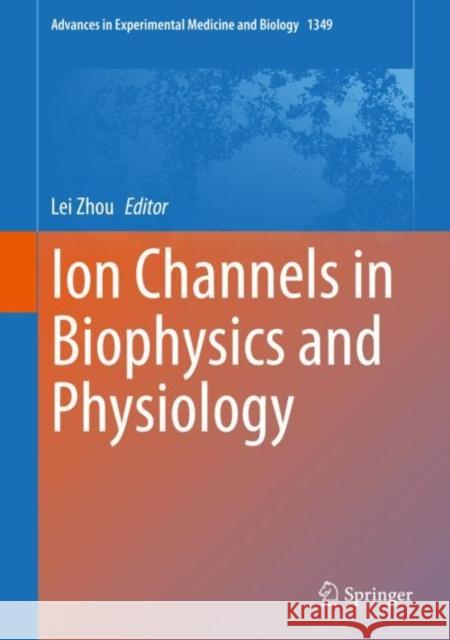Ion Channels in Biophysics and Physiology » książka
topmenu
Ion Channels in Biophysics and Physiology
ISBN-13: 9789811642531 / Angielski / Twarda / 2022
Ion Channels in Biophysics and Physiology
ISBN-13: 9789811642531 / Angielski / Twarda / 2022
cena 887,69
(netto: 845,42 VAT: 5%)
Najniższa cena z 30 dni: 771,08
(netto: 845,42 VAT: 5%)
Najniższa cena z 30 dni: 771,08
Termin realizacji zamówienia:
ok. 16-18 dni roboczych.
ok. 16-18 dni roboczych.
Darmowa dostawa!
Kategorie BISAC:
Wydawca:
Springer
Seria wydawnicza:
Język:
Angielski
ISBN-13:
9789811642531
Rok wydania:
2022
Wydanie:
2021
Numer serii:
000253056
Oprawa:
Twarda
Wolumenów:
01
Dodatkowe informacje:
Bibliografia
Wydanie ilustrowane
Wydanie ilustrowane











